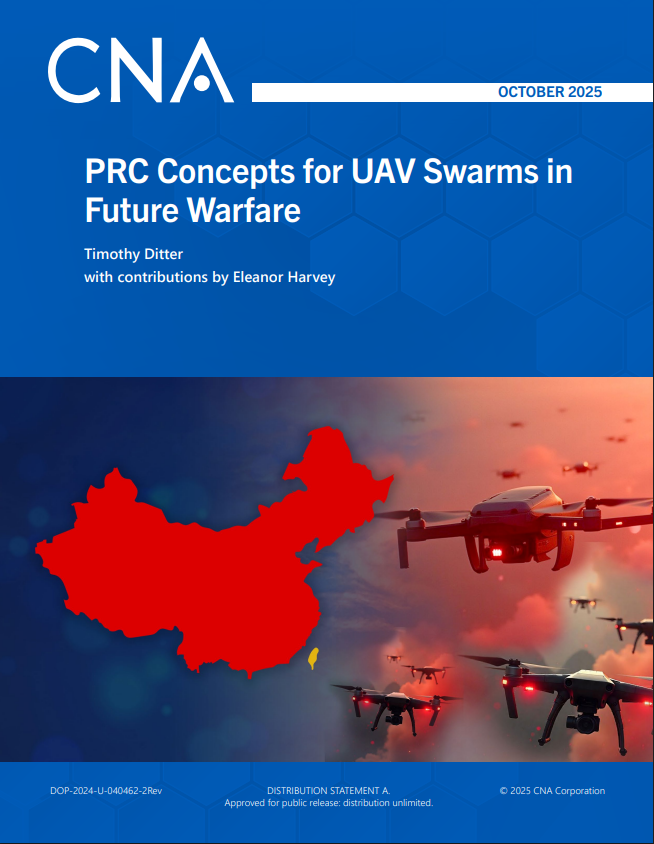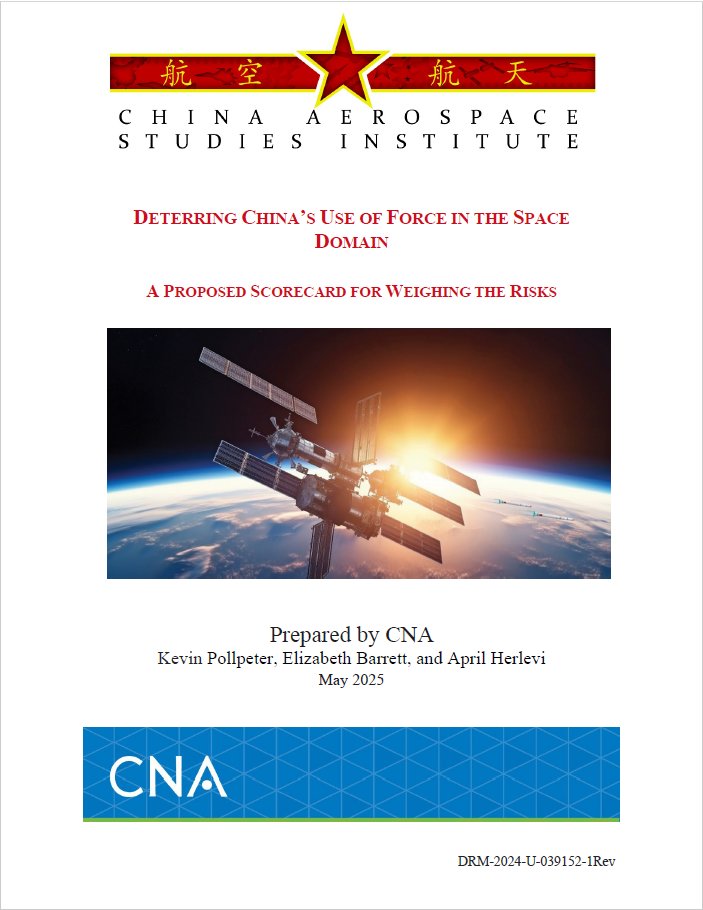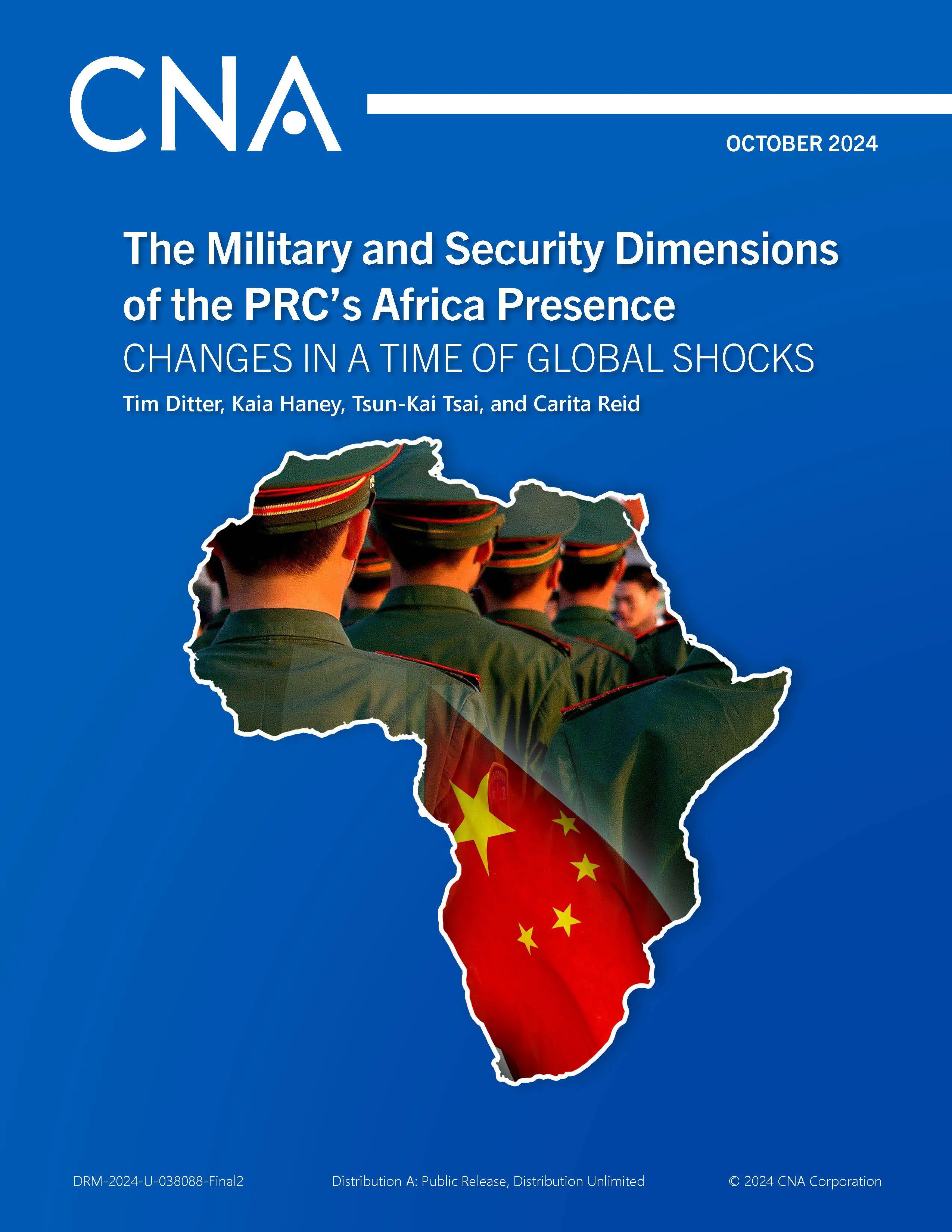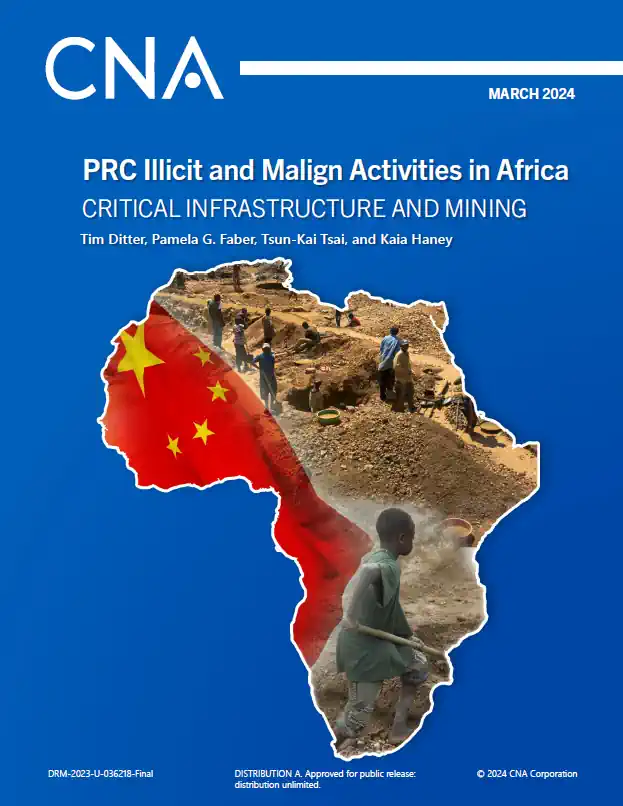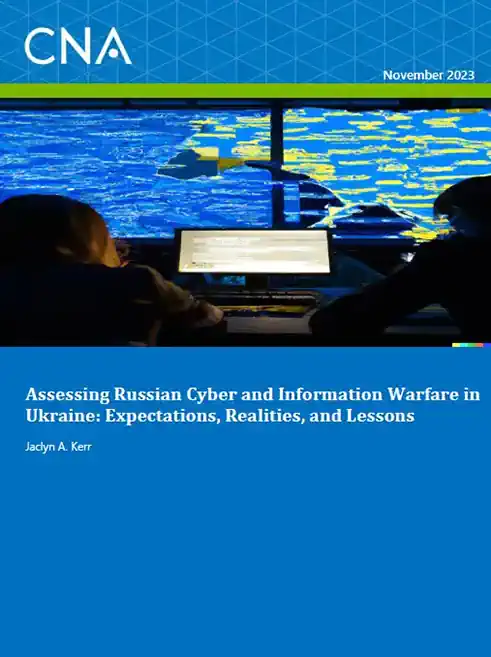In recent years, persons, vessels, and corporations based in or tied to the People’s Republic of China (PRC) have reportedly engaged in illicit maritime activities around the globe. These alleged illicit activities are at odds with Beijing’s stated policies about how PRC actors should behave in the transnational maritime domain. According to these policies, PRC actors should do the following while operating in the transnational maritime domain:
- Abide by the United Nations Convention on the Law of the Sea (UNCLOS), under Article 94 of which, flag states such as the PRC are responsible for (1) ensuring that vessels flying the PRC flag comply with the maritime laws to which Beijing is a party, and (2) holding violators accountable.
- Abide by local laws and regional frameworks
- Combat illegal, unregulated, and unreported (IUU) fishing
- Safeguard the marine environment
To develop a better understanding of the contradictions between Beijing’s official rhetoric and the illicit international maritime activities of PRC state and nonstate actors, CNA examined 15 cases in which PRC actors were accused of carrying out illicit activities in the maritime domain between 2018 and 2021. The incidents occurred in the maritime areas surrounding SoutheastAsia, the Atlantic coast of Africa, and the Pacific Island countries. Our key findings are discussed below.
Key findings
Some PRC actors are engaged in a variety of illicit international maritime activities around the world. Among the 15 cases we examined, PRC actors were accused of being involved in the following types of illegal activities in violation of multiple national, regional,
and international laws, regulations, or provisions:
- Engaging in illegal, unregulated, and unreported (IUU) fishing practices that threaten ocean ecosystems and sustainable fisheries
- Intentionally ramming foreign vessels, damaging the vessels and endangering their crews
- Using forced labor aboard fishing vessels and engaging in human smuggling
- Discharging marine pollution from vessels and land-based sources, harming the marine environment and injuring local citizens
- Tampering with electronic tracking or monitoring devices to “go dark” so that vessels can engage in illicit activity without being tracked
- Illegally entering and operating in other countries’ jurisdictional waters
Approved for public release. Unlimited distribution.
This work was performed under Cooperative Agreement/Grant Award Number: SGECPD19CA0026.
This project has been supported by funding from the U.S. Department of State
Details
- Pages: 94
- Document Number: IIM-2021-U-031285-Final
- Publication Date: 12/1/2021
